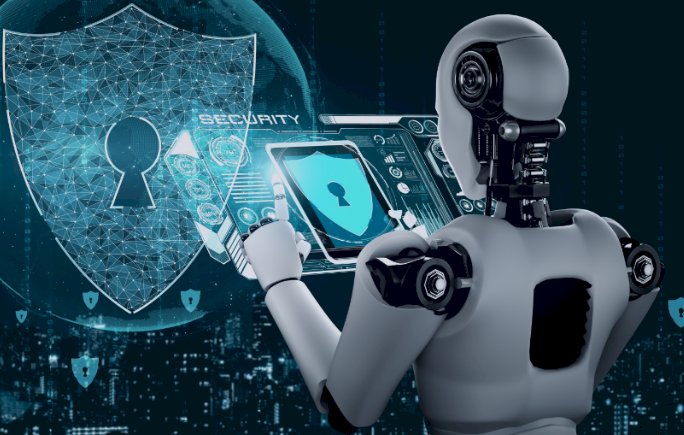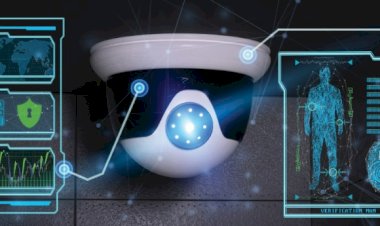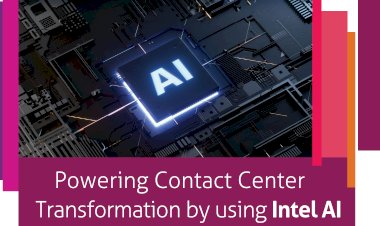AI-Powered Devices Introduce New Cybersecurity Challenges

The rapid adoption of AI-enabled personal computers (AI PCs), projected to constitute 43% of PC shipments this year, has introduced novel cybersecurity concerns. These devices, equipped with neural processing units (NPUs) for local AI workloads, enhance performance but also increase vulnerability to threats like model inversion and data poisoning attacks. Experts recommend that businesses procure devices from trusted vendors, implement tamper-proof verification processes, and apply advanced security protocols throughout the device lifecycle to mitigate these risks.
Cybersecurity experts are raising alarms about the increasing use of AI in facilitating cyberattacks. The phenomenon, referred to as "vibe hacking," involves the use of generative AI tools by individuals with minimal coding experience to develop malicious software. Advanced AI systems are being exploited to accelerate and scale attacks, including the creation of sophisticated malware and deepfake content, posing significant challenges to existing cybersecurity defenses.





















